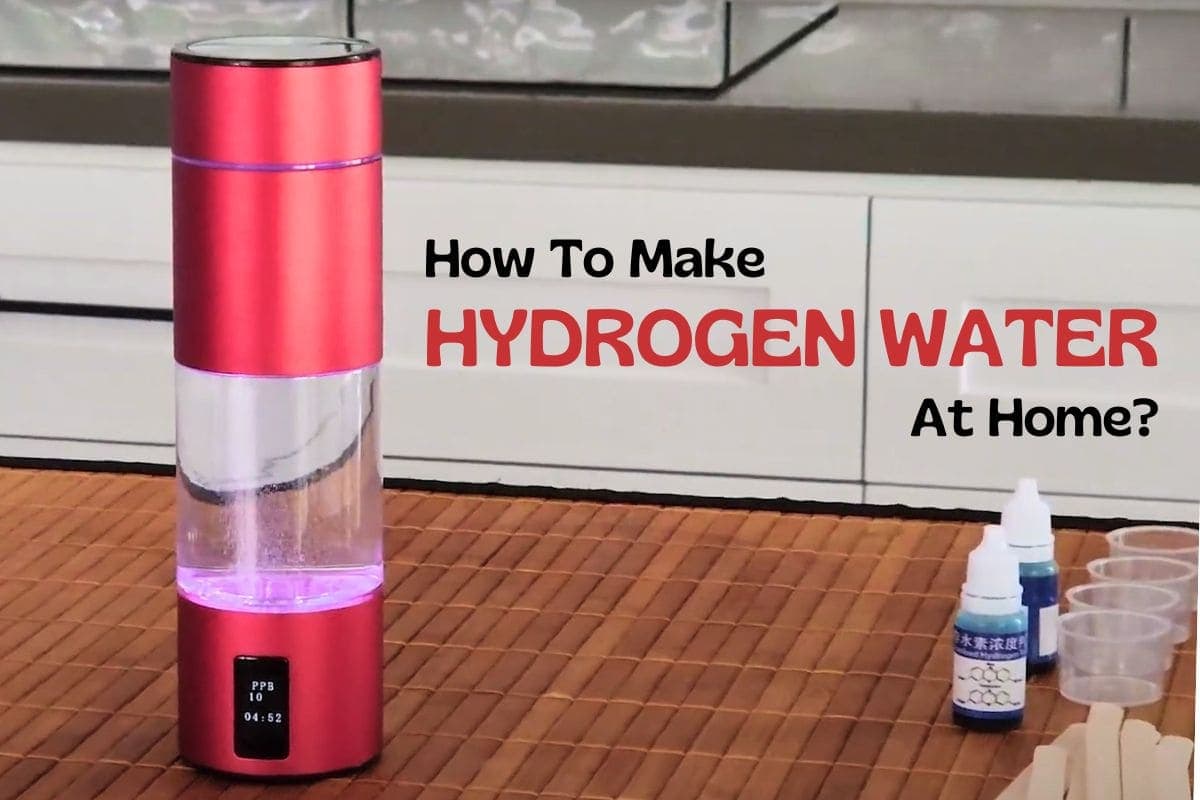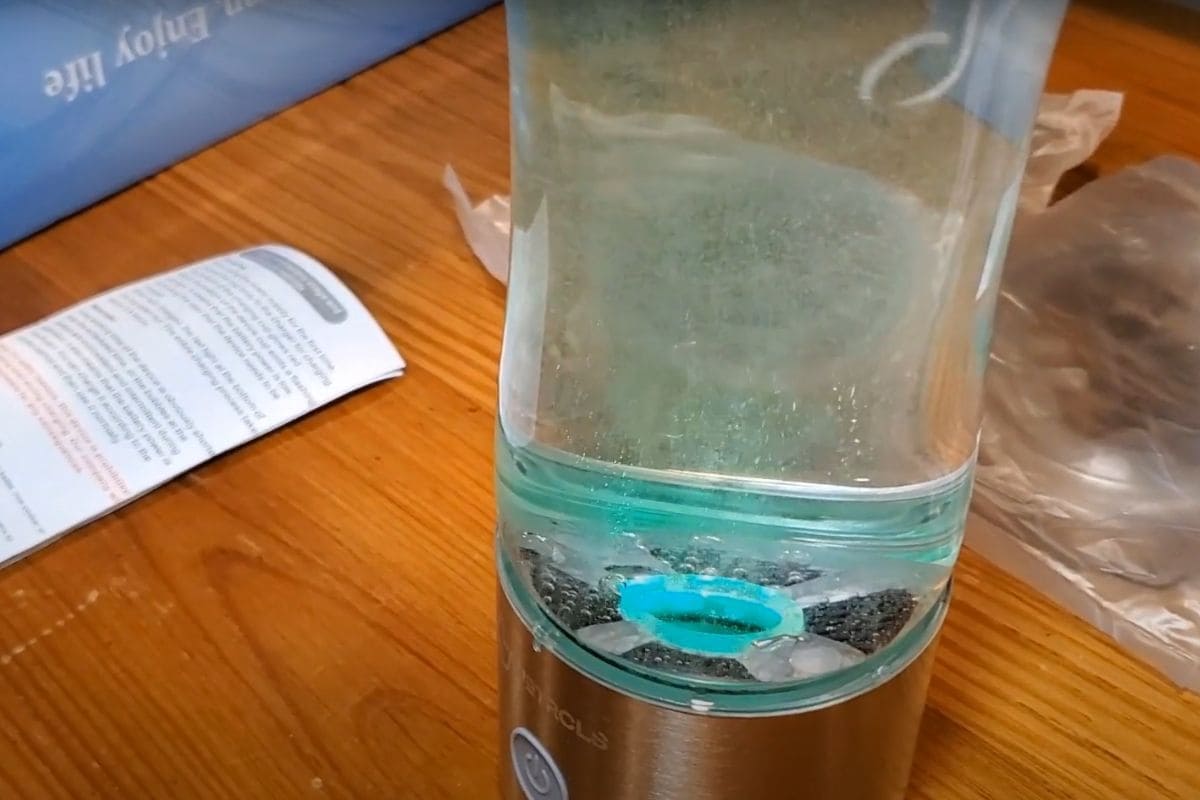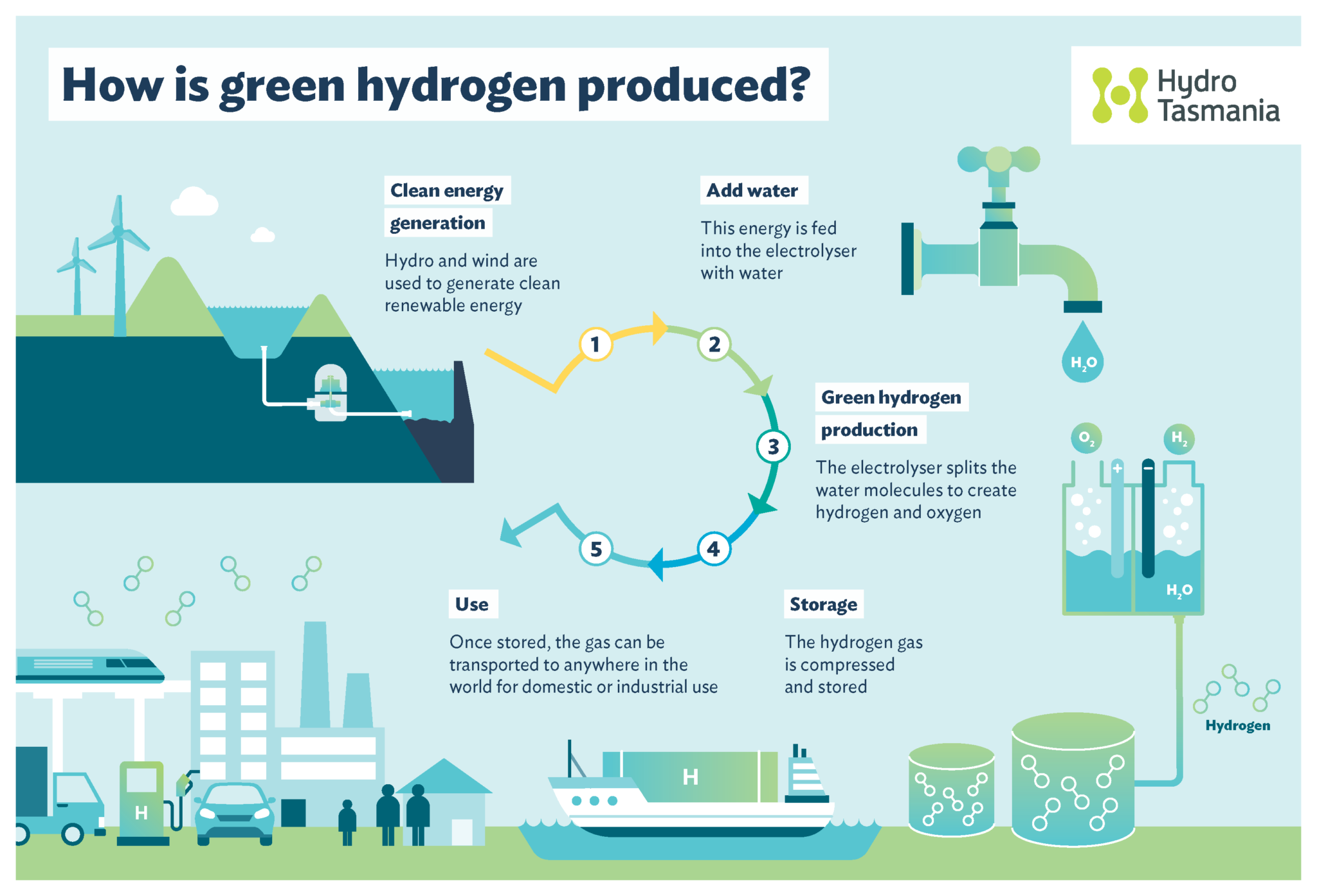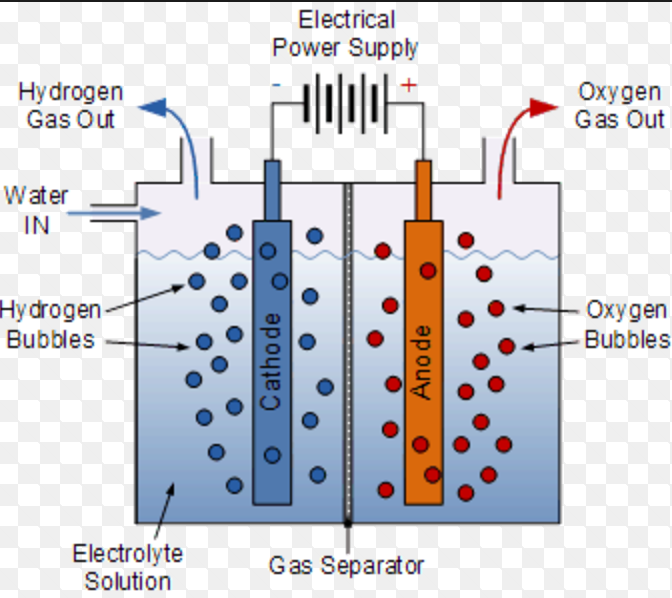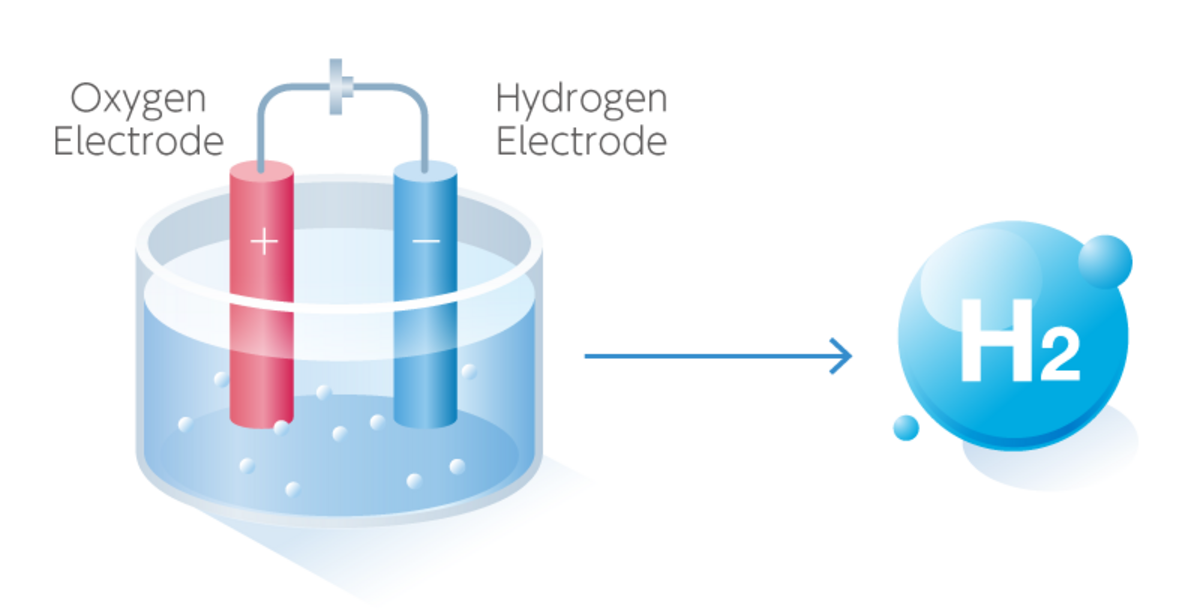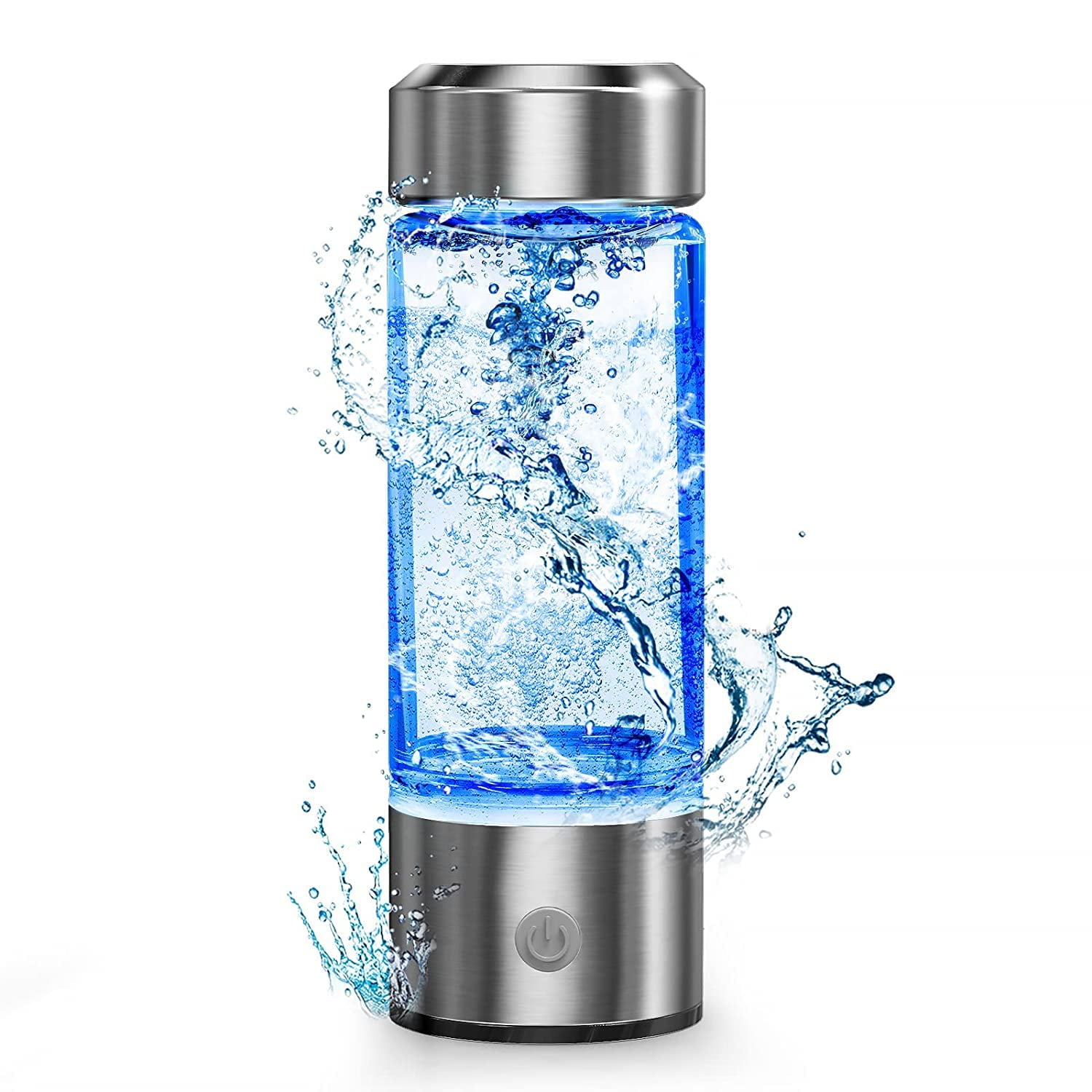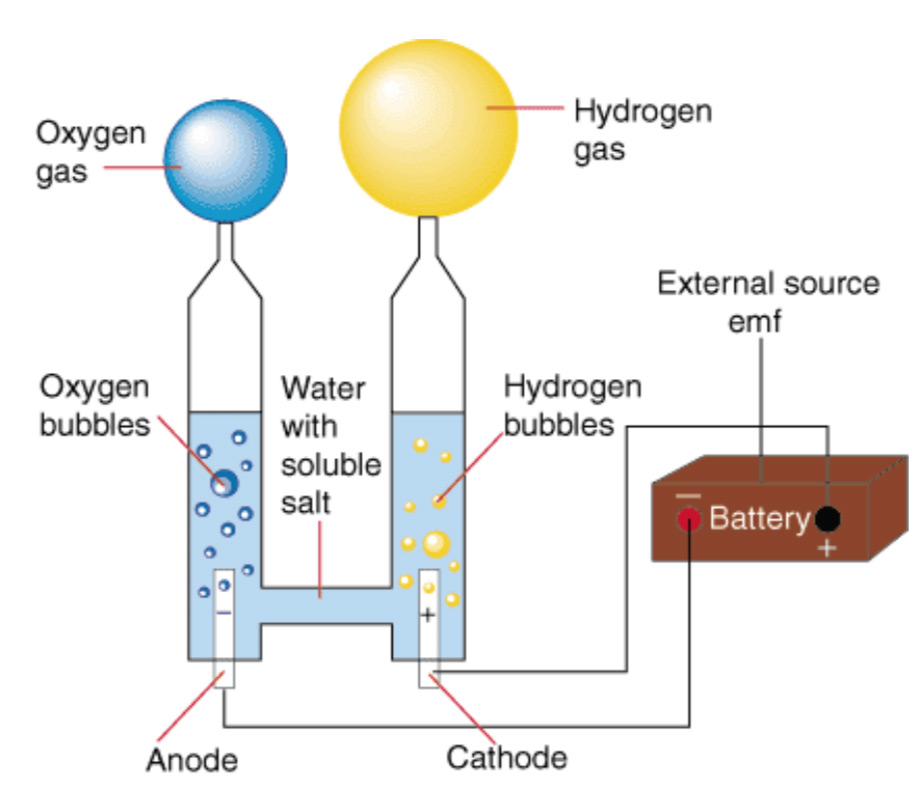How Do I Make Hydrogen Water
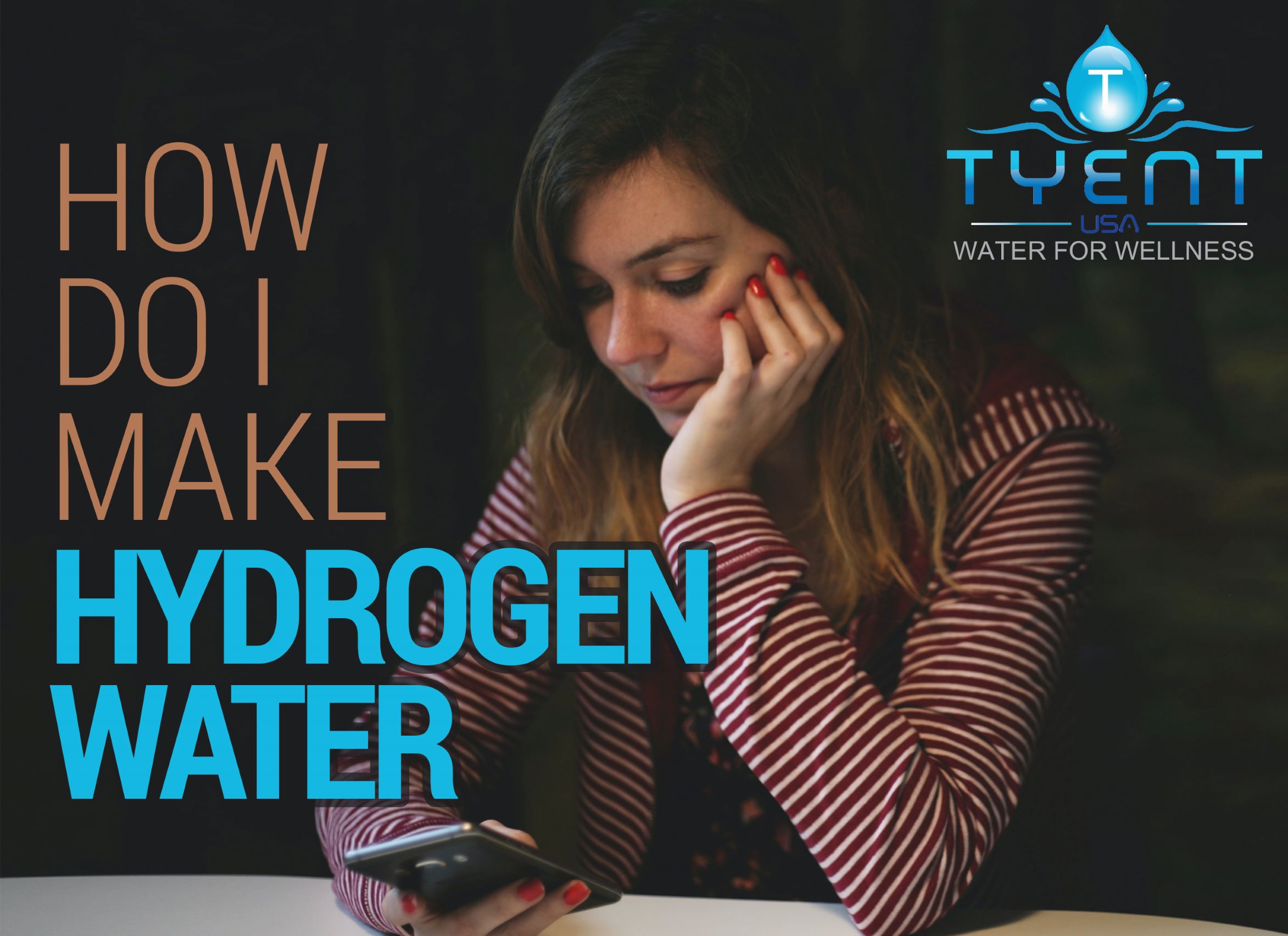
Hydrogen water is gaining traction, and you need to know how to make it. Here's your quick guide to producing hydrogen-enriched water at home.
This article provides immediate, actionable steps to create hydrogen water, addressing growing consumer interest in its potential benefits. We cut through the hype and offer practical methods.
Electrolysis: The DIY Route
Electrolysis is a common method. It uses electricity to split water molecules into hydrogen and oxygen.
What You'll Need
You'll need distilled water, an electrolyzer (available online), and a container to collect the water. A power source is also required for the electrolyzer.
The Process
Fill the electrolyzer with distilled water. Connect the power source according to the device instructions. The electrolyzer will begin separating hydrogen and oxygen.
The hydrogen gas is then infused into the water. This process typically takes between 3-10 minutes depending on the device.
Important Considerations
Use only distilled water to avoid mineral buildup. Ensure proper ventilation as hydrogen gas is flammable. Monitor the electrolyzer during operation for safety.
Magnesium Reaction: A Simpler Approach
Another approach uses magnesium sticks or tablets. These react with water to release hydrogen.
Required Materials
You will need magnesium sticks or tablets designed for hydrogen water. Also, a closed water bottle is necessary to trap the released hydrogen. Use potable water, not distilled.
Step-by-Step
Place the magnesium stick or tablet into the water bottle. Seal the bottle tightly and wait.
The reaction will generate hydrogen gas, dissolving it into the water. This usually takes 15-30 minutes.
Safety First
Use only food-grade magnesium designed for this purpose. Avoid over-saturating the water with magnesium. Discard the water if it develops an unusual taste or odor.
Hydrogen Water Generators: The Turnkey Solution
Hydrogen water generators offer the easiest method. These devices automate the process.
Device Overview
These generators, readily available online, use either electrolysis or membrane technology. They vary in price and capacity.
How They Work
Simply fill the generator with water, usually purified or filtered water is recommended. Select the desired hydrogen concentration setting.
The generator then produces hydrogen-rich water in a few minutes. Follow the manufacturer’s instructions for operation and maintenance.
Cost and Benefits
Generators are a significant initial investment. However, they provide consistent and convenient hydrogen water production.
Testing Your Hydrogen Water
It's crucial to verify the hydrogen concentration. This ensures you're actually getting the intended benefit.
Hydrogen Meters
Electronic hydrogen meters measure the dissolved hydrogen concentration in parts per million (ppm). These provide the most accurate readings.
ORP Meters
ORP (Oxidation-Reduction Potential) meters can indicate the presence of antioxidants, including hydrogen. However, they don't directly measure hydrogen concentration.
Visual Inspection
While not precise, you can observe for tiny bubbles in the water after production. This suggests the presence of dissolved hydrogen. This observation is the least reliable.
Storage Recommendations
Hydrogen dissipates over time. Proper storage is key to maintaining its concentration.
Airtight Containers
Store hydrogen water in airtight, preferably glass or stainless steel, containers. Minimize the air space in the container.
Refrigeration
Refrigeration can slow the dissipation of hydrogen. Drink the water as soon as possible after production for the maximum concentration.
Avoid storing hydrogen water in plastic containers for extended periods.
The Experts Say...
Dr. Jane Doe, a leading researcher in molecular hydrogen, emphasizes the importance of using reliable methods and testing concentration levels. She cautioned consumers against unverified claims.
According to John Smith, a manufacturer of hydrogen water generators, consumers should prioritize generators with third-party certifications. This ensures both safety and effective hydrogen production.
"Hydrogen water has potential, but it's essential to approach it with informed knowledge and validated methods," states a recent report from the National Institutes of Health.
Ongoing research continues to investigate the potential benefits of hydrogen water. Stay informed by consulting reputable sources and experts.
For more detailed information, consult product manuals and research articles. Be aware of potential risks and verify claims before making decisions.

